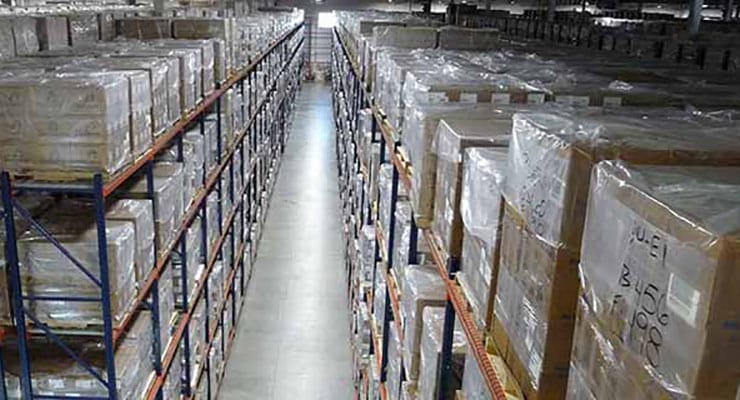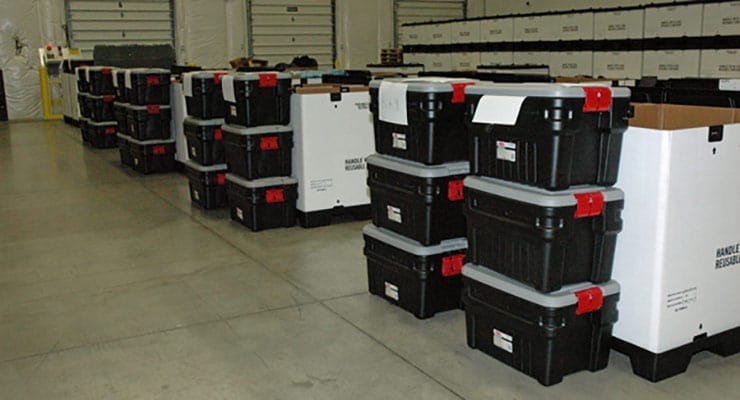CDC’s Strategic National Stockpile (SNS) serves as the nation’s repository of medicines and supplies for use if there is a public health emergency, such as a terrorist attack, flu outbreak, or natural disaster, severe enough to cause local supplies to run out. The repository is designed to supplement or re-supply state and local public health agencies when needed.
In the 17 years since Congress authorized the SNS, originally named the National Pharmaceutical Stockpile, CDC has evolved its preparedness posture for response operations involving medical countermeasures. While storing and deploying medical countermeasures are critical roles and often the most visible outcome of SNS activities, they are just part of the larger medical supply chain spectrum, which includes:
- Identifying the right products to address specific public health threats
- Manufacturing and distributing pharmaceutical products
- Ensuring that people who need these products receive them when and where they are needed
As part of its supply chain role, the SNS regularly works with other federal agencies and private industry to ensure that the SNS products that are stored for public health emergencies are safe and ready to use.
See also: Rapid Medical Countermeasure Response to Infectious Diseases
Ebola Personal Protective Equipment
During the Ebola response, CDC monitored local supplies of personal protective equipment (PPE) and encouraged hospitals, public health, and healthcare coalitions to develop sharing plans during a time when supply was not meeting demand.
The SNS coordinated with commercial supply chain partners to identify gaps in PPE and on-hand PPE inventory at U.S. hospitals designated as Ebola Treatment Centers. These hospitals were prioritized for orders and the rapid delivery of key products such as gowns, coveralls, aprons, boot covers, gloves, face shields and disinfecting wipes, in the event the hospitals received an Ebola patient. The SNS also established a small stockpile of Ebola-specific PPE to meet urgent, short-term needs until commercial sources could respond to the demand.
Implementing Mosquito Control and Zika Prevention
In the wake of the Zika virus outbreak, the SNS is providing immediate vector-control services and preventive supplies for pregnant women to protect themselves from mosquito bites. The SNS has successfully initiated two short-term, overarching contracts for mosquito control efforts in Puerto Rico, the U.S. Virgin Islands, the Republic of the Marshall Islands, and Guam.
The contracts include mosquito treatments of homes, schools, hospitals, and public places in the affected areas. There are also provisions for truck-mounted aerial spraying, if it is needed.
See also: HHS Adds New Anthrax Countermeasures to Stockpile
These contracts also provide some community outreach in the form of educational and consultative services to the communities affected by Zika. By working with the CDC Foundation and by making direct purchases, the SNS has obtained materials for Zika Prevention Kits – including insect repellent, larvicides, mosquito netting, condoms to prevent sexual transmission of Zika, and educational materials.
The SNS is rapidly assembling these materials in reusable bags that can be given to pregnant women. To date, the SNS has sent nearly 7,000 kits to affected areas, and more are planned.
CDC’s Strategic National Stockpile – with its goal of ensuring the right materials reach the right people at the right time – has evolved to become a key player in how both the agency and the larger medical supply chain responds to public health threats in order to safeguard the health security of the U.S.



